Food delivery websites features
Time is the most valuable resource when you live in a big city. That’s why online food delivery services are in high demand. Pizza, sushi, or other ready-made meal delivery services have industry-specific features.
How to monetize a social media website
Food images
When designing the food delivery web app, focus on adding eye-catching photos. Since online visitors can’t taste or smell the food, they often decide on what to order based on visual experience alone.
Fast & easy ordering
Your website has to have a shopping cart with automatic calculations of the total cost. The fewer clicks a user makes to place an order, the better.
Multiple payment options
Make sure that your website has a couple of different online payment options (paying with a credit card, PayPal, online baking, etc.), as well as paying with cash on delivery.
Transparent pricing
The more information a visitor can get right on the site, the higher the conversion will be. For example, you can implement delivery cost auto calculation based on customer address and check amount.
Personalization
Users should have the option to save order templates. Also, consider implementing a system of personalized offers and discounts based on your customers’ food ordering history.
Current promotions
You should update this section so that there is information about the bonus program as a whole and temporary and seasonal promotions.
Case Study “Unex-Food”
Unex-food is a wholesale online market in Almaty, selling food and beverages, operating through a website and an application.
Goal
Make the ordering process as convenient and fast as possible for the client and reduce the load on the call center
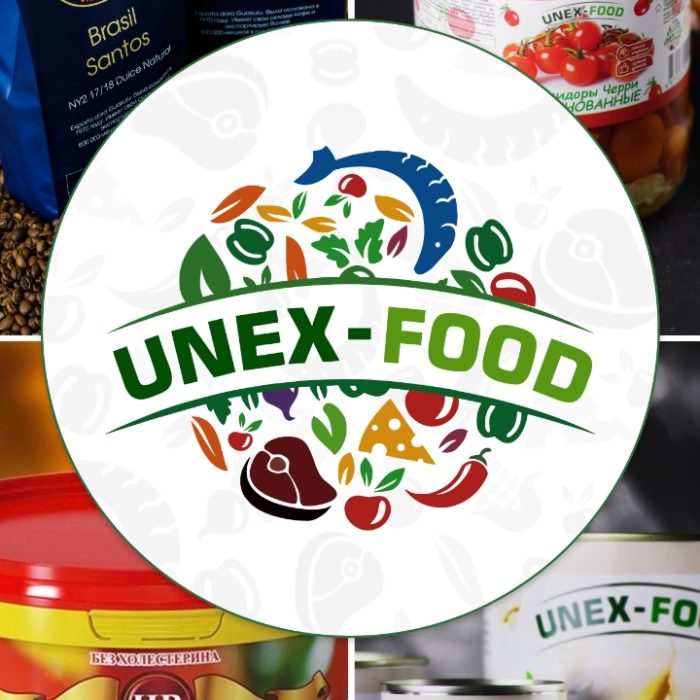
Sign up for a consultation
We’ll help you choose technologies and features for your social network, which will allow you to achieve your goal faster. We’ll also draw up a plan for the development and launch of your project.
Essential features of food delivery service
Delivery terms
Delivery terms should be clear and concise. It’s important to specify whether shipping costs are included when calculating the order.
Complete menu
Bright and large photos, ingredient listings, calorie content — all these things are must-haves on your menu.
Reviews from real people
This section is especially important because almost no one orders food from the new place without reading the reviews.
Contact + directions
In addition to the telephone number, email, and physical address, you should provide a detailed driving directions map for customers who choose self-pickup (if this option is available).
You’ll benefit from a delivery service if you’re a:
01
CATERING ON-SITE SERVICE
02
CAFE OR RESTAURANT
03
MEAL DELIVERY SERVICE (WITHOUT COOKING)
04
FOOD MANUFACTURER
Cutting-edge
technologies for your
business
Python is a secure, robust, and effective programming language. It powers Google, Instagram, YouTube, and other major platforms.
We started to use Python and its framework Django long before they became the most popular programming techs. Since then, we wrote and launched 100+ complex Python/Django projects. And it made us adepts of these technologies. Our clients might not know what concise source code is, but they do appreciate when we save their time and money building IT-solutions for them.
Python is #1 in the world according
Easy food search
Choosing meals in a few clicks. Simple catalog with filters by types of dishes (pizza, sushi, salads, etc.), by flavors and features (spicy, vegetarian, children), or by ingredients (‘with shrimp’, ‘with chicken’, ‘without onions’, etc.).
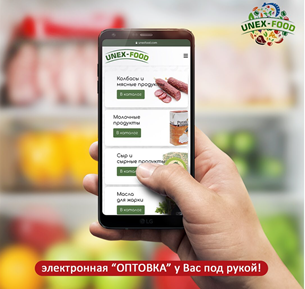
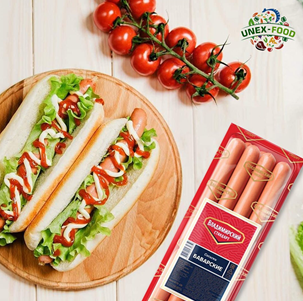
Custom filling
Give customers the flexibility to choose food variations. The option to add different ingredients to the meal can help your project stand out from the rest.
‘Tasty’ content
Large and ‘delicious’ food photos. Invest in beautiful photos of dishes when developing a restaurant or food delivery website. Use ingredient icons instead of transitional lists. Write copy that conveys sensations and taste. Right words have the power to whet your customers’ appetite.
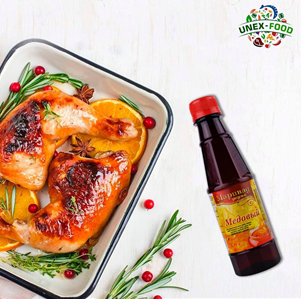
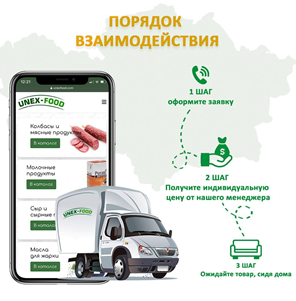
Delivery cost calculation
Displaying delivery time and cost on checkout. Free delivery option tied to minimum check amount or location.
EXTENDED FILTERS
Standard filters include sorting by name and main ingredients. You can also add filtering by flavor: spicy, sweet, salty, etc. It’ll be a plus to enable sorting dishes by calorie content.
‘TASTY’ CONTENT
Large and ‘delicious’ photos of food. Invest in beautiful pictures of dishes when developing a restaurant or food delivery website. Use ingredient icons instead of transitional lists. Write copy that conveys sensations and taste. Right words have the power to whet your customers’ appetite.
ONLINE SUPPORT
People need to get answers to their questions right away when ordering food, so your service will have a competitive edge with an online support module.
ACCESSIBLE DELIVERY INFO
When your client is hungry, he doesn't want to wander around website pages and wade through a sheet of text with the terms of delivery service. Placing important information in a concise form in an easily accessible place is a good UX practice.
CROSS-SELLING AT CHECKOUT
It’s important to offer complementary foods. For example, your client could have just forgotten about adding the sauce. So if you remind them, it's useful for them and beneficial for you in terms of profit.
CUSTOM MEAL BUILDER
The option to add favorite ingredients to a recipe and remove things people don’t like will significantly increase customers’ loyalty to your brand.
LIVE COOKING BROADCAST
Let your customers see online how clean the kitchen is and how professionally your chefs are.
THEMATIC RECOMMENDATIONS
When customers put chips and lemonade in the cart, offer them a party set. When holidays are coming up, make recommendations for this occasion.
LOYALTY PROGRAM
The loyalty program should catch the eye and encourage people to order more often.
Mobile-friendly design
When building online delivery services, pay special attention to how your web app looks and works on mobile devices. Most of the orders are made from smartphones these days. In development, we adhere to the “Mobile First” principle. I.e., First, we build an adaptive mobile version and only then — the desktop one.
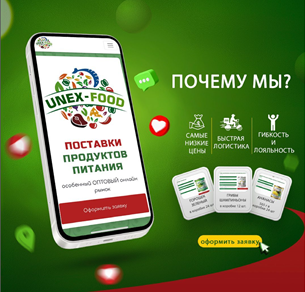
6 steps to develop a food delivery service

1. IDEA DISCOVERY
Discussion about your idea, working through the use cases.

2. MARKET RESEARCH
We dive into your business, research the competitors, and draw up a specification document.

3. TIME & COSTS ESTIMATION
We write down the backlog items and estimate time costs for each module.
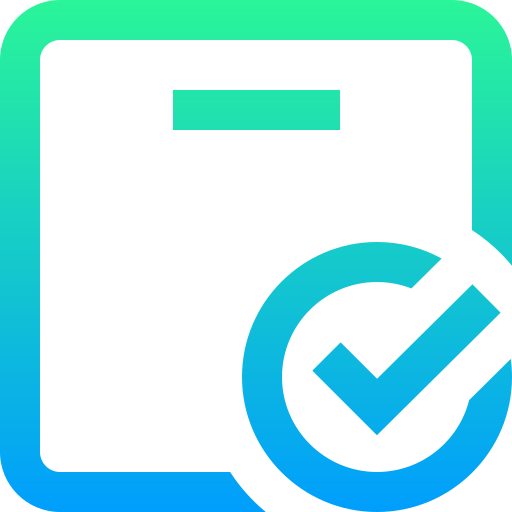
4. LEGAL GUARANTEES
Singing the contract that includes fixed price, time, and work volume. Attaching the specs.
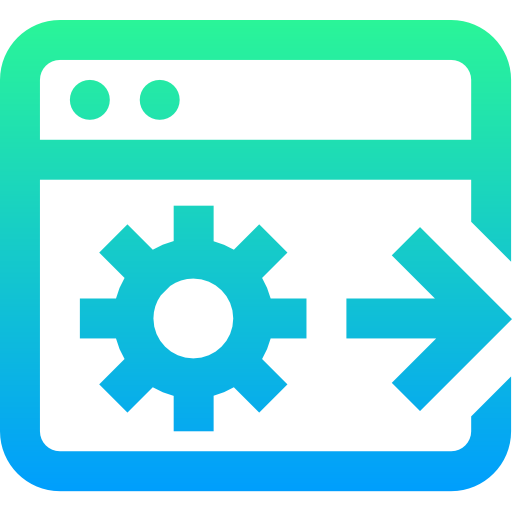
5. STEP-BY-STEP DEVELOPMENT
Breaking the projects down into sprints. We’ll also send you the results of each sprint for approval.

6. TEST & LAUNCH
Setting up a server, training your staff, and final testing.

